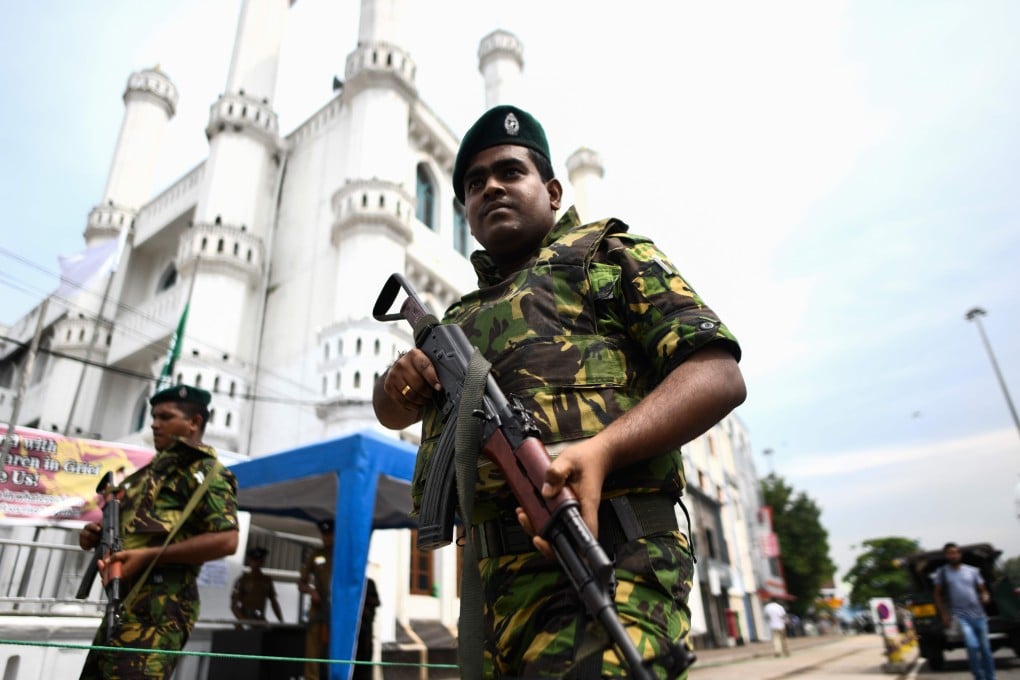Advertisement
Analysis | In Sri Lanka, rising Islamic militancy was the proverbial elephant in the room
- For years, the country’s political elite wilfully overlooked a burgeoning extremist problem as they courted the Muslim vote
- Now that hundreds of people have been killed in an atrocity on Easter Sunday, something needs to be done, says Rajpal Abeynayake
Reading Time:3 minutes
Why you can trust SCMP
0

Sri Lanka ’s politicians, both from the governing party and the opposition, have found themselves in a dilemma since Easter Sunday’s bloody massacre: how to balance essential security concerns with their need to keep the country’s Muslim minority onside.
The bombings on Sunday, which targeted churches and high-end hotels as well as other sites across the country, claimed more than 250 lives.

They have been linked to extremist fringe group National Thowheed Jamath, which authorities suspect of having international ties. Indeed, Islamic State later claimed responsibility for the attacks – described as some of the deadliest since September 11.
For the ensuing investigation, Sri Lanka has called upon its international allies. The FBI is already working with the government to find the perpetrators and there is even talk of the United States putting boots on the ground.
Such a move would likely prove disastrous – the last time a foreign armed force came to Sri Lanka, in the form of the so-called Indian Peace Keeping Force of 1987, its only effect was to escalate the civil war that was raging at the time and make it “more difficult for Sri Lanka to contain the violence”, as Tamil politician Arun Tambimuttu points out.
Advertisement
Select Voice
Choose your listening speed
Get through articles 2-3x faster
1.1x
220 WPM
Slow
Normal
Fast
1.1x